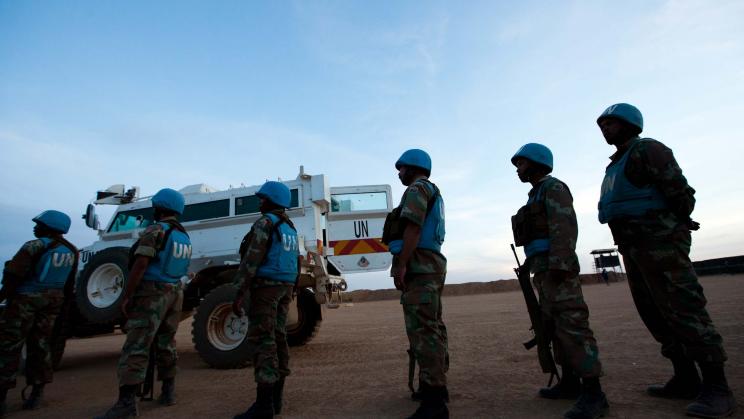
As part of SIPRI’s new initiative looking at non-traditional security challenges posed to multilateral peace operations, SIPRI launches a new background paper exploring the role that peace operations play in preventing and combating organized crime, particularly in weak or collapsed states.
Multilateral peace operations are increasingly deployed in complex mission environments in which they are confronted with ‘non-traditional security challenges, such as organized crime. Organized crime has causes and effects which cut right across the international security, peacebuilding and development agendas, and peace operations are struggling to come to grips with the challenge in places such as Mali.
Multilateral peace operations and the challenges of organized crime, looks at examples of peace operations that have engaged in combatting organized crime, potential implications and opportunities of operations venturing further into dealing with the challenge, as well as examining the space for cooperation and coordination between peace operations and with other actors.
The report is the second in a series of five Background Papers and dialogue meetings with key stakeholders, each on a specific non-traditional security challenge in the third phase of the New Geopolitics of Peace Operations. The second meeting is currently taking place in Dakar, with the report outlining the current debates and setting the baseline for discussions. Based on the outcomes of the dialogue meetings, the initiative concludes with a final report aimed at moving the discussion forward.
The project was launched with support from the Finnish Ministry for Foreign Affairs, is co-sponsored by Ethiopia and is implemented in continued partnership with the Friedrich-Ebert-Stiftung (FES).